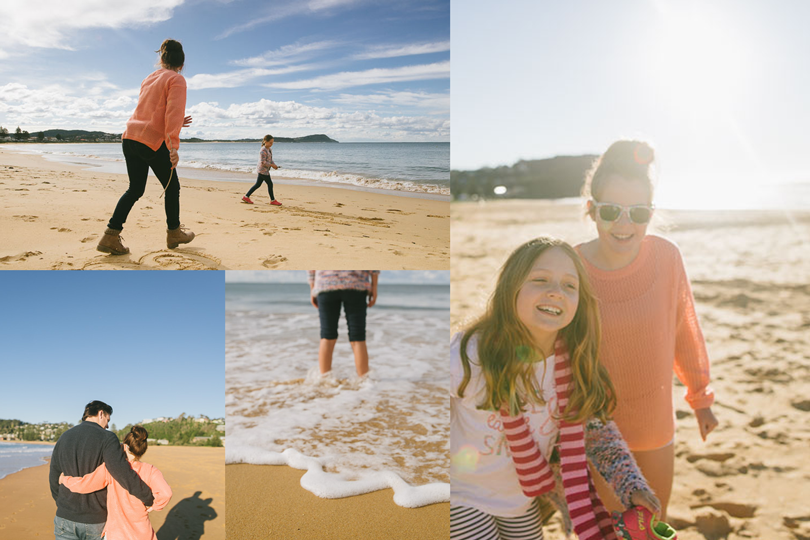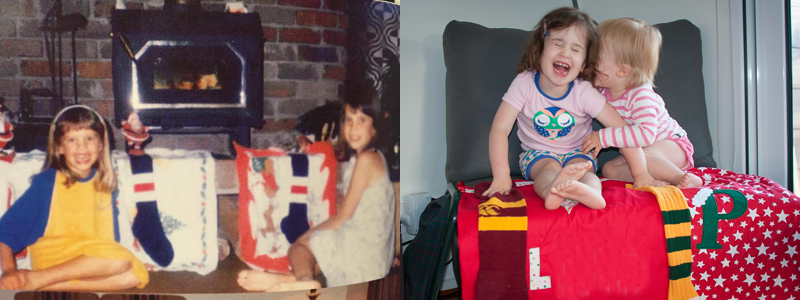Take a moment to reflect on your own childhood. What do you remember? For me, one of my fondest memories is Saturday night dinner. It was always the same, a dinner made by dad, and shared at the table by us all. He wasn’t an amazing cook, but I remember the good feelings associated with that memory.
What will your children remember about their childhood? Although it can be easy to give them new and exciting experiences, adults often say their fondest memories are linked to childhood rituals and routines. In addition, the research tells us these same rituals and routines can offer stability during times of stress. They can be associated with happier relationships, improved health and academic achievement.

“Exploring is something we do as a family to connect and be together. We go to different places but we do it as a family. It is one of our rituals.” Cindy Cavanagh, Cindy Cavanagh: Photographer. Storyteller. Artist.
Take a moment to reflect on your own childhood. What do you remember? For me, one of my fondest memories is Saturday night dinner. It was always the same, a dinner made by dad, and shared at the table by us all. He wasn’t an amazing cook, but I remember the good feelings associated with that memory.
What will your children remember about their childhood? Although it can be easy to give them new and exciting experiences, adults often say their fondest memories are linked to childhood rituals and routines. In addition, the research tells us these same rituals and routines can offer stability during times of stress. They can be associated with happier relationships, improved health and academic achievement.
So what’s the difference between a routine and a ritual? Routines are the way we do things, they are purposeful – they include things like breakfast routines, bedtime routines, training routines. We know that during early childhood, children’s behaviour can improve with predictable routines. For example, studies have found children with regular bedtime routines wake less frequently through the night. Effective family routines can help family members feel competent, get things done and reduce stress. They are repetitive, often become overlearned, and help simplify life.
Routines may or may not become rituals – the main difference is that rituals are symbolic. That means they hold some meaning as to our identity as a family, and typically have an emotional imprint. That explains why we often replay family rituals in our minds to recall the positive feelings associated with the memory. So when I remember Saturday night dinners, although they were part of our routine, it’s the positive feelings and the symbolism “that’s my family” that’s being recalled, together with feelings of belonging and inclusion.
Family rituals can include birthdays, Christmas, Easter – and other events – such as Saturday night dinner, or Friday night pizza, Wednesday morning card games, or Sunday afternoon bike rides. There is no perfect family ritual, or any requirement that your family’s is the same as another.

“Christmas rituals are big in our house. I have such fond memories. And now I’m passing them down to my girls.” Justine Slapp, Hills District Mums
So what are you waiting for? This week, why not think about your routines and rituals, and how you can use them to bring your family closer? Build better relationships, along with fun memories.
We’d love to hear about how your rituals and routines help you. Share your pictures in the comments below and help inspire us!

